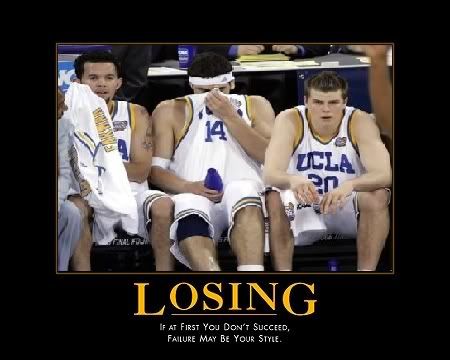I was thinking about food while I was pondering what to blog about and noticed When the Sous-Chef Is an Inkjet by David Bernstein in The Best of Technology Writing. As I began to read the article, I first throught it was a joke...having images of food with organic ink on top of soy and seaweed. Then the author mentions that Cantu makes entire dinner courses this way, using inkjet printers, liquid nitrogen, helium, superconductors, lasers, 3-d printers, and ion particle guns. To say I was torn between thinking the whole idea was beyond stupid and creatively futuristic would be an understatement. I saw that Cantu charges $240 for a 20 course tasting menu, which then brought up thoughts of which bored rich people in Chicago actually go to his restaurant, and that for $240 I would want something more filling than some paper with seaweed.
Cantu's concept of futuristic cooking is certainly interesting, but I think the two comparisons in the article describe it best. The author describes Cantu as Willy Wonka or Salvador Dali, and from a mainstream reality standpoint, I think that description fits Cantu and his style of cooking. The other comparison was looking at the 20 course tasting menu for $240 with an order of steak and eggs. I may be boring and too "in the box" in this respect, but give me a good plate of steak and eggs for a few dollars for a bunch of soy pasted paper that came out of an inkjet any day.
Wednesday, March 28, 2007
Tuesday, March 20, 2007
Update - Week of 03/18/2007 - 03/24/2007
This week I read The Book Stops Here by Daniel H. Pink in The Best of Technology Writing. Obviously we've discussed wikis and Wikipedia to great detail in-class. My own personal view is that as long as you aren't depending on Wikipedia to give you rock solid 100% accurate information, it's a great source of easy to find information on a seemingly endless number of topics. The fact that you can go to Wikipedia to find some general background information on a topic quickly without having to dig through something like Google search results for random web pages that may or may not be what you're looking for is extremely helpful.
I found the devotion that some of the Wikipedia users possess to be a little amusing, but not altogether a surprise. The fact that, for the most part, there are more people that uphold the good faith and reason approach to creating and editing articles than the number of the people who just act childish or interject personal opinions is at the same time satisfying and unexpected. While I still believe the human race is generally good, my faith in much of humanity is not exactly what one would call very strong. But as long as people are trying to keep the integrity of Wikipedia intact, it will certainly be a useful resource.
The section about Wikipedia's anti-elitism and the distaste that many people in academia or with more generally recognized credentials was rather easy to predict. Much as many authors are leery of Google Books, it's easy to see why professors would view Wikipedia as a new, unknown, and strange creation that is below them and their respect. If, however, academics would take a more open minded approach to Wikipedia, I believe the content would improve and people would be more easily able to get connected to their more traditional, verified academic work through links for other sources and such. I know that I have used several links from Wikipedia articles to web pages of less fluidity and uncertainty on topics which I needed to have concrete information and not some crazy person's edit they performed as a joke for fun.
I think Wikipedia is here to stay, and I look forward to seeing it evolve and improve as time goes on.
I found the devotion that some of the Wikipedia users possess to be a little amusing, but not altogether a surprise. The fact that, for the most part, there are more people that uphold the good faith and reason approach to creating and editing articles than the number of the people who just act childish or interject personal opinions is at the same time satisfying and unexpected. While I still believe the human race is generally good, my faith in much of humanity is not exactly what one would call very strong. But as long as people are trying to keep the integrity of Wikipedia intact, it will certainly be a useful resource.
The section about Wikipedia's anti-elitism and the distaste that many people in academia or with more generally recognized credentials was rather easy to predict. Much as many authors are leery of Google Books, it's easy to see why professors would view Wikipedia as a new, unknown, and strange creation that is below them and their respect. If, however, academics would take a more open minded approach to Wikipedia, I believe the content would improve and people would be more easily able to get connected to their more traditional, verified academic work through links for other sources and such. I know that I have used several links from Wikipedia articles to web pages of less fluidity and uncertainty on topics which I needed to have concrete information and not some crazy person's edit they performed as a joke for fun.
I think Wikipedia is here to stay, and I look forward to seeing it evolve and improve as time goes on.
Subscribe to:
Comments (Atom)

